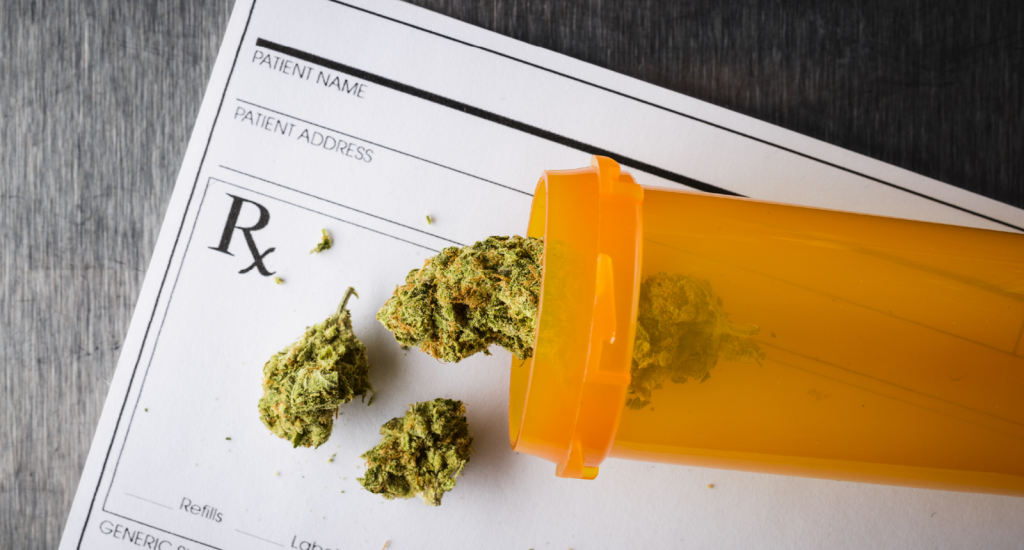Is Marijuana Legal in Florida?
Though the citizens of Florida voted to amend the Florida Constitution to allow medical marijuana and the Florida Legislature has passed medical marijuana bills, it is still illegal to possess marijuana unless you are prescribed it by a qualifying physician. It should also be noted that marijuana is still illegal under federal law.
What can happen if you are charged with a crime involving marijuana?
Marijuana crimes in Florida are distinguished by weight and act (possession, possession with intent to sell, purchase or sale and location of sale).
The most common crime is simple misdemeanor possession.
Possession of less than 20 grams of Marijuana is a 1st degree misdemeanor, which is punishable by up to 1 (one) year in jail and a $1,000 fine.
Possession of more than 20 grams is a 3rd degree felony punishable by up to 5 (five) years in prison and a $5,000 fine.
Besides the possibility of jail or prison, probation and the conviction on your record, possession of marijuana convictions have other consequences.
If you are adjudicated guilty of possession of marijuana, or any other controlled substance, your driver’s license will be suspended for 1 (one) year by Florida Highway Safety and Motor Vehicles (FHSMV). FHSMV is the department that issues driver’s licenses. This suspension applies even if you are not driving when you are found to be in possession. (Talk to your local legislator to explain why you get a one year suspension for just possessing marijuana but only a 6 (six) month suspension if you are convicted of Driving Under the Influence (DUI)). After you complete a required drug and alcohol class you may be eligible for a “hardship” license that would allow you to drive for business purposes only such as for work, school, doctor’s appointments or anything else necessary to maintain your livelihood.
Another potential consequence for students is the loss of financial aid. Under federal law, a student’s financial aid will be cancelled, with an ineligibility period of one year. A student also may be required to go through a rehabilitation process with random drug screens before getting aid reinstated.
What if you are just with someone who has marijuana?
It depends. In Florida there is a legal concept known as constructive possession. This requires the State to prove an individual had knowledge of the substance and had the ability to exercise dominion or control over the substance. In everyday terms – did you know it was there and could you have put your hands on it. The classic example is an officer walking up on a car with more than one person inside and the strong odor of marijuana smoke coming from the vehicle, with a pipe or marijuana cigarette, “joint” or “blunt” in the ashtray or in plain view. If the people in the car do not exercise their right to remain silent and admit to smoking marijuana they could make the State’s case for them. Even if everyone remains silent, the officer may still arrest everyone in the car under the presumption that they were in “constructive possession.” In sum, more than one person can be charged with possessing a single item that contains marijuana. Remember, just because someone is arrested or charged does not mean that they will be convicted.
It is also important to point out that if an officer says he or she smells the odor of cannabis coming from a vehicle he or she can order everyone out and search the vehicle without a search warrant.
What do you do if you are arrested or cited for possession of marijuana or other marijuana crimes?
It is always a good idea to contact a qualified attorney who is familiar with the charge and the jurisdiction where you are charged. Most qualified attorneys will offer you a free consultation to discuss the facts of your case and provide you additional information.
The jurisdiction you are arrested or cited in and your prior history can have a huge impact on what the punishment will be if you plea or are convicted. In the case of simple possession of less than 20 grams of marijuana, some jurisdictions will require a county jail sentence followed by probation for one year with daily calls to probation to see if you have to take a drug test. Other jurisdictions will offer plea options to non-drug charges or a deferred prosecution. A deferred prosecution is a contract between you and the State Attorney’s Office that will result in the case being dismissed if you complete the terms of the agreement, stay out of trouble for 6 (six) months and make a donation to a charity and to the State Attorney’s Office. This is why it is so important to speak with a qualified attorney so you know what you are facing and what your options are.
If you or your loved one has been charged with a marijuana crime in Florida, call John Whitaker with Avera & Smith at 1-800-654-4659 or contact here.
